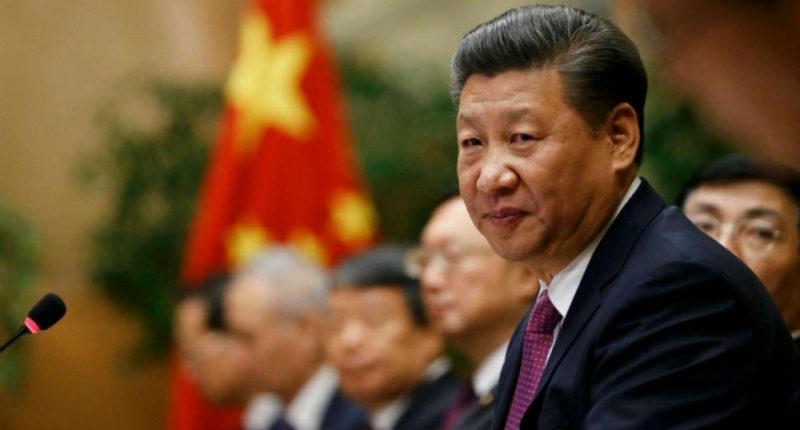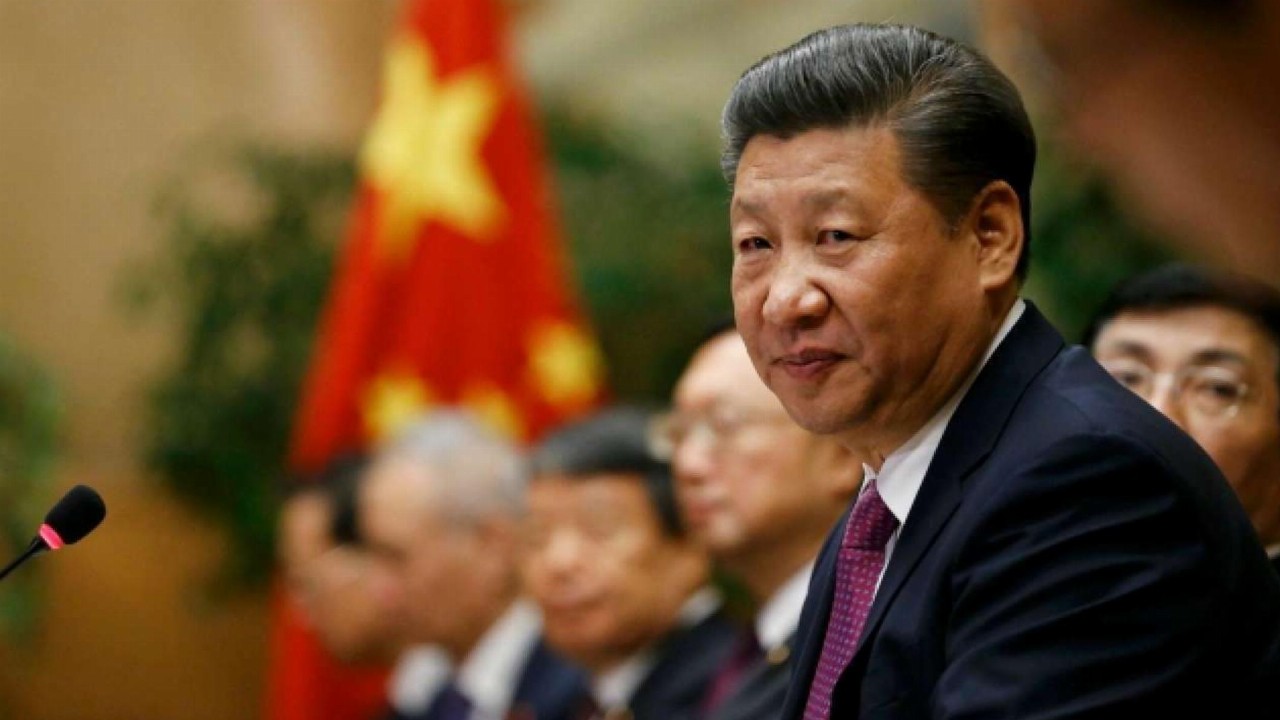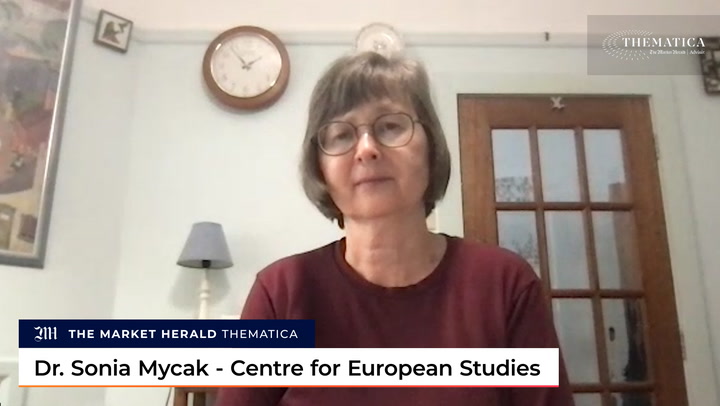- Chinese authorities have controlled the Uyghur minority in Xinjiang for more than seven years according to research by the Australian Strategic Policy Institute (ASPI)
- The report details religious and race specific labour regulations akin to slavery, where Uyghurs and other minorities are referred to as “surplus labour”
- ‘Re-education’ facilities or detention centres, forced detainees to take classes and pass tests on various subjects, including political ideology and language classes
- Campaigns are a form of dissident control, forcing residents and officials to chant support for the Communist Party and for the President’s good health
Chinese authorities have drowned records of the enslavement, detention and re-education of the Uyghur minority in Xinjiang, according to research by the Australian Strategic Policy Institute (ASPI).
The think tank’s research mapped “the governance mechanisms employed by the Chinese party-state in Xinjiang from 2014 to 2021 within the context of the region’s ongoing human rights crisis”.
ASPI gathered information through Chinese-language sources, including leaked police records and state budgets, to create a map of the governing systems and people responsible in Xinjiang.
The Communist Party of China (CPC) has enforced “political theatre” for residents of Xinjiang to perform in support of President Xi Jinping in “mass show trials, public denunciation sessions, loyalty pledges and sermon-like ‘propaganda lectures’.”
ASPI is a wholly-owned Commonwealth company formed in 2001 as an independent, non-partisan think tank. The report itself was funded in part by the UK Foreign, Commonwealth and Development Office.
Coercion and labour
Researcher and lead author of the ASPI report Vicky Xiuzhong Xu said it was important to see China’s treatment of the minority group as a mass political campaign.
“Highly destructive mass political campaigns are not artefacts of a bygone era,” Ms Xu said. “Rather, they are occurring at a time when Chinese society is more closely connected with the world than ever.”
The report detailed religious and race-specific labour regulations akin to slavery, where Uyghurs and other minorities were referred to as “surplus labour”.
In the past three years, more than half a million Uyghur people were forcefully ‘trained’ and transferred to factories around China, according to the report.
During labour stints, workers lived in segregated dormitories, were prohibited from practising religion and were constantly surveilled, according to ASPI.
The CPC created forced labour and training regulations under the precedent of ‘helping’ “poverty-stricken labourers”.
“Consequently, through long and complicated supply chains, liberal democracies have found themselves consuming the outputs of China’s mass political campaigns, such as products made with forced labour,” Ms Xu said.

Detoxing the different
According to the report, authorities began putting together the ‘de-extremification’ regulations in 2015.
After being passed by the Public Security Department and the Justice Department, the regulations were enacted in 2017.
Under this law, the report details, minority groups including the Uyghurs were re-educated, incarcerated and enslaved for acts of difference to the CPC.
“Religious expressions (fasting, prayer, wearing a headscarf or having a beard), foreign links (past overseas travel, contact with someone abroad or applying for a passport), consumption of unapproved information (use of Zapya or WhatsApp) or having too many children,” were all grounds of re-education. At times, there was no justification at all.”
“The architecture of repression: unpacking Xinjiang’s governance”, ASPI
These ‘re-education’ facilities were detention centres, the report explained, where detainees were forced to take classes and pass tests on various subjects, including political ideology and language classes.
The graded score of the detainee determined the terms of their release from the detention centre.
Communist campaigns
According to the report, the ‘campaign’ style governing system has been intrinsic to the success of the CPC.
“Policies in Xinjiang mark a return to the mass political campaigns and extreme campaign-style governance of the Maoist era,” the report said.
Campaigns are a form of dissident control, forcing residents and officials to chant support for the Communist Party and for the President’s good health.
In addition, ‘neighbourhood informants’ have been resurrected within Xinjiang communities by President Xi. During the Mao Dynasty, this form of surveillance was also used to isolate people and create an atmosphere of distrust, the report noted.
The report said another frowned upon exercise of the governing bodies of Xinjiang are mass show trials. This is a public display of the judiciary system, where suspects are sentenced in front of large crowds.
Ms Xu said the public trials were used as a tactic to shame ‘suspects’, create fear and deter the outspoken.








